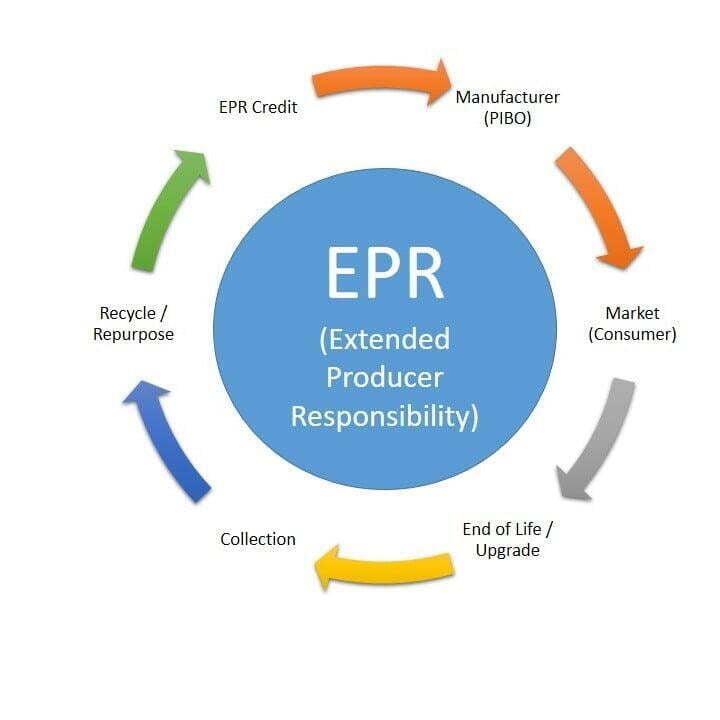All you need to know about EPR
All you need to know about EPR

Extended Producer Responsibility (EPR) is a policy approach that requires manufacturers, importers, and sometimes retailers of products to take responsibility for the environmental impacts of their products throughout the entire life cycle, including after the products have been used and discarded by consumers.
The aim of EPR is to shift the responsibility for waste management from municipalities and taxpayers to the producers and importers of products. This policy approach is based on the principle that those who create products should bear the cost of managing the waste generated by those products. EPR policies encourage producers to design products that are easier to recycle, reuse, or dispose of safely.
EPR policies typically require producers to take steps to reduce the environmental impacts of their products, such as designing products that use less energy or materials, reducing hazardous substances in products, and increasing the recyclability of products. They may also require producers to fund or manage the collection, transportation, and recycling or disposal of their products after they are discarded.
EPR policies have been implemented in many countries around the world for various products, including packaging, electronics, batteries, and vehicles. The effectiveness of EPR policies in reducing environmental impacts and promoting sustainable production and consumption depends on how well they are designed and implemented, as well as on the willingness of producers to take responsibility for their products.
